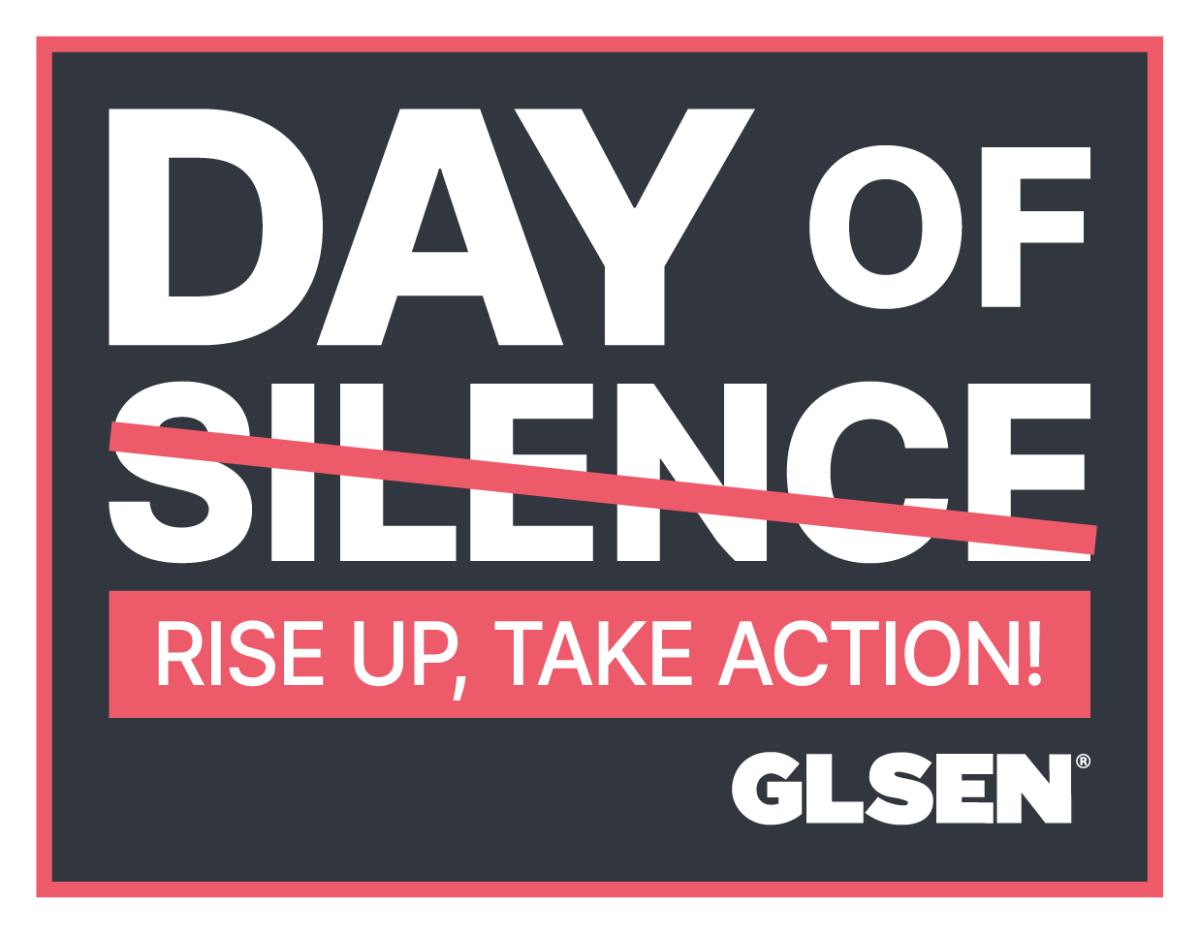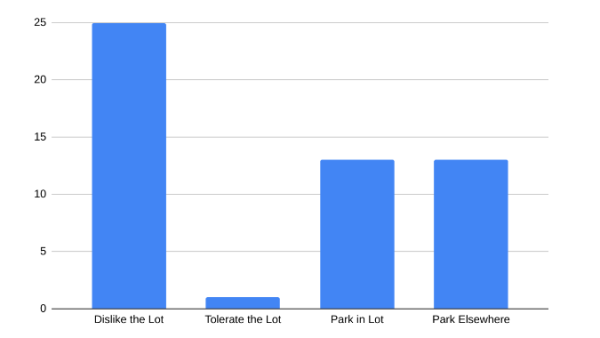Problems with the Block Schedule
November 17, 2022
Waking up early to make the 7:57 bell watching as dozens of people rush to their classroom. That 7:57 bell because we can’t afford those extra three minutes, and if we could it would be taken out of our lunch. The 8:15 bell on Tuesdays and Wednesdays where we have to sit listening to our teacher talk for 80 minutes without any breaks in most classes. The HMHS schedule is not creating an optimal environment for learning due to the structure of the schedule. It is leaving students unmotivated and exhausted which will only become worse if nothing is done.
The 80-minute block periods create a counterproductive environment where students are flooded with too much information that they do not retain. The attention spans of teenagers make these long classes impossible to learn in. According to Brain Balance Centers, the attention span of 14 year olds is 28 to 42 minutes, while the attention span of 16 year olds is 32 to 48 minutes. This means that the classes are almost twice as long as the attention span of most students. Students might be able to physically sit through the block days, however, they will not effectively learn all the material they are being taught.
Another factor that plays into the schedule not being effective is the lack of sleep that teenagers get. Although this is due to multiple factors, it is primarily due to our Circadian Rhythm. According to an article by the Sleep Foundation, “First, teens have a sleep drive that builds more slowly, which means they don’t start to feel tired until later in the evening. Second, the body waits longer to start producing melatonin, which is the hormone that helps promote sleep” (Suni). Due to our body not producing melatonin until later in the evening, most teens do not feel tired enough to fall asleep until 11 PM or midnight. In order to get the optimal amount of sleep, they would need to wake up at around 7 or 8 AM. With a start time of 8:40 AM, students would be able to get much closer to this wake up time, and come to school with a fresh mind. Additionally, even if they need to show up for Dawg Time, that would not start until 8:15 in our schedule. Sleep is a key part of efficient learning. Sleep deprived students cannot learn as well as well rested students. Their memory will quickly deteriorate and they will not be able to understand the material they are being taught. According to Healthy Sleep, a resource from a division of sleep medicine at Harvard Medical School, “Research suggests that sleep helps learning and memory in two distinct ways. First, a sleep-deprived person cannot focus attention optimally and therefore cannot learn efficiently. Second, sleep itself has a role in the consolidation of memory, which is essential for learning new information” (healthysleep.med.harvard.edu). It has been scientifically proven that getting enough sleep will allow students to be better learners and to retain information more adequately.
Instead of an 80-minute block period, the school can change to 65 minute periods on these days. While this evidently makes the classes shorter, in the long run it will be beneficial for students. Not only would there be a built in study hall for all students, lunch would still be over an hour, and Dawg Time would still exist. This schedule would not only benefit the students but teachers as well. It will give teachers time where they can prepare, meet with students, host study hall sessions for an upcoming test, and more.
(Five minutes between periods, each period is one hour and five minutes)
8:15 to 8:40 (Dawg Time)
8:40 to 9:45 (First Block)
9:50 to 10:55 (Second Block)
10:55 to 12:00 (Lunch)
12:00 to 1:05 (Third Block)
1:10 to 2:15 (Fourth Block)
2:15 to 2:45 (Study hall for all students/open campus for those who have it. This would also be a time that science teachers could use for students to finish labs giving them an extra 30 minutes, more than they get right now with the schedule)
If this schedule was adopted, it can greatly benefit students. Students will be able to sleep in more if they do not need to come in during Dawg Time, they will be more engaged due to the shorter schedule, but there is an insurance that every student has time to work on homework. For teachers that require a lab period, they are able to use the study hall period to meet with those students, while giving the other students, especially athletes, the opportunity to get ahead on their work. Having both a period at the beginning and end of the day where students can meet with teachers can make it easier for students depending on their schedule. This also would not interfere with any other events that currently take place as this schedule starts and ends at the same time the current block schedule runs on.
Although the block schedule is relatively new, in the short time there have been various complaints and setbacks this schedule has given students. If the problem does not get fixed, students will continue to be sleep deprived and they will begin to dislike learning. However, when the block schedule is more lenient towards students and teachers alike, it can create a better and more productive learning environment for everyone.
Sources:













